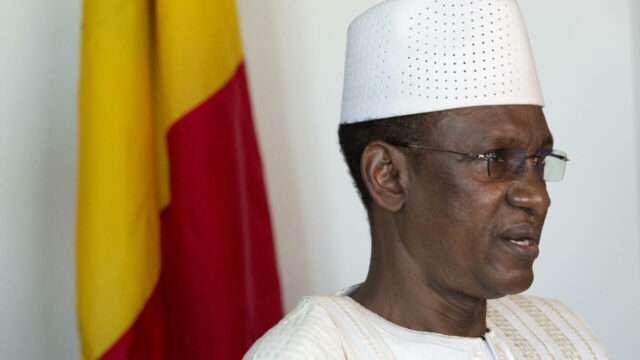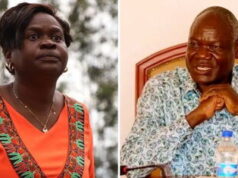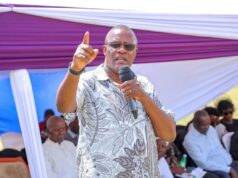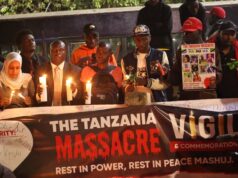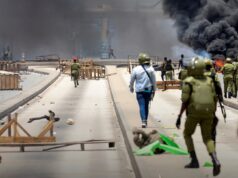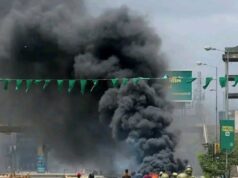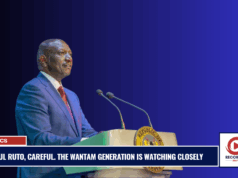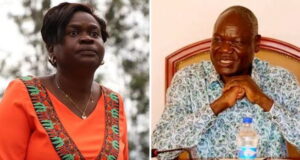Former Prime Minister Choguel Kokalla Maiga has been remanded in custody by Mali’s Supreme Court after being accused of embezzling billions of CFA francs during his time in office.
The detention order, announced Tuesday, follows a week of police custody and marks one of the most high-profile corruption cases in the country’s recent history.
According to the General Prosecutor’s Office at the Supreme Court, a wide-ranging judicial investigation has been opened into serious financial crimes linked to Maiga’s management of the Prime Minister’s Office between 2021 and 2024.
The probe also extends to contracts awarded under a partnership agreement between the Agency for the Execution of Rural Infrastructure and Equipment Works (AGETIER) and the Primature.
The charges include forgery and use of forged documents, misappropriation of public funds, embezzlement of state assets, money laundering, and various counts of complicity.
An audit of the Prime Minister’s Office reportedly revealed irregularities amounting to several billion CFA francs, prompting the legal proceedings now underway.
Maiga was first taken into custody on August 12 by the National Economic and Financial Unit, which specializes in corruption investigations.
After a preliminary hearing, the Supreme Court ordered his incarceration while the inquiry continues. His legal team has denied wrongdoing and says no trial date has been set.
The case is unfolding against a tense political backdrop. Maiga, a longtime political figure, was appointed Prime Minister in 2021 following the coup that brought Mali’s transitional military government to power.
He was dismissed in November 2024 after publicly criticizing the junta for delaying a promised return to civilian rule.
His arrest has raised questions about whether the corruption probe is strictly judicial or also political, as several other critics of the military regime have recently faced prosecution or detention.
The outcome of the case carries weight far beyond Maiga’s personal fate. For Malians, it cuts to the heart of frustrations over state corruption, governance, and accountability.
For the junta, it is both an opportunity to show commitment to fighting graft and a risk of being perceived as weaponizing the judiciary against rivals. International donors and observers are closely watching, given the country’s reliance on foreign aid and its strained relations with Western partners.
As Maiga remains behind bars awaiting trial, the scope of the investigation continues to widen, with several public officials and private sector actors also under scrutiny.
For now, the exact sums allegedly siphoned remain unclear, but authorities insist they run into billions of CFA francs, underscoring the scale of the case.


